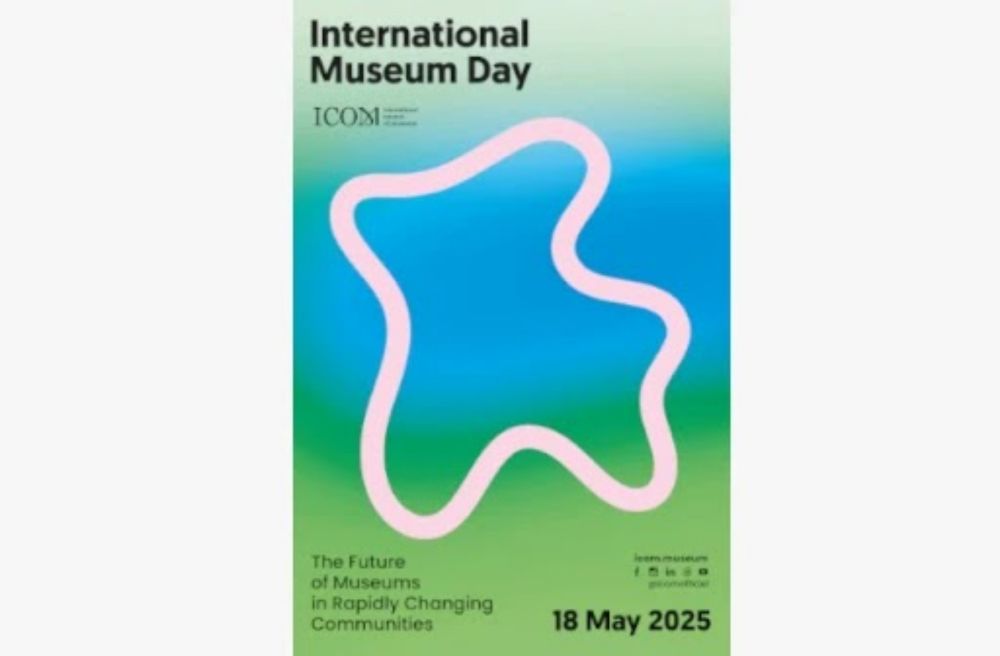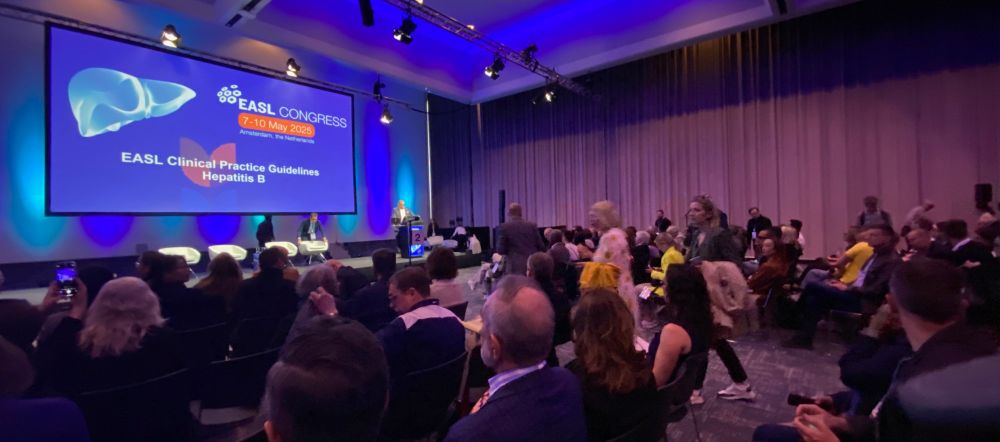www.delphimuseum.gr
International Museum Day 2025
Delphi Museum is celebrating on Sunday May 18, the International Museum Day. Entrance to the Delphi Museum and the Archaeological sites will be free.

www.delphimuseum.gr
International Museum Day 2025
Delphi Museum is celebrating on Sunday May 18, the International Museum Day. Entrance to the Delphi Museum and the Archaeological sites will be free.




dlvr.it
Cocreating the Visualization of Digital Mobility Outcomes: Delphi-Type Process With Patients
Background: Recent technological advances in wearable devices offer new potential for measuring mobility in real-world contexts. Mobilise-D has validated digital mobility outcomes to provide novel outcomes and end points in clinical research of 4 different long-term health conditions (Parkinson disease, multiple sclerosis, chronic obstructive pulmonary disease, and proximal femoral fracture). These outcomes also provide unique information that is important to patients; however, there is limited literature that explores the optimal methods to achieve this, such as the best way to visualize patients’ data. Objective: This study aimed to identify meaningful outcomes for each condition and how to best visualize them from the perspective of end users. Methods: Using a Delphi-type protocol with patients as subject matter experts, we gathered iterative feedback on the cocreation of visualizations through 3 rounds of questionnaires. An open-ended questionnaire was used in round 1 to understand what aspects of mobility were most influenced by their health condition. These responses were mapped onto relevant digital mobility outcomes and walking experiences and then prioritized for visualization. Using patient responses, we worked alongside researchers, clinicians, and a patient advisory group to develop visualizations that depicted a week of mobility data. During rounds 2 and 3, participants rated usefulness and ease of understanding on a 5-point Likert scale and provided unstructured feedback in comment boxes for each visualization. Visualizations were refined using the feedback from round 2 before receiving further feedback in round 3. Results: Participation varied across rounds 1 to 3 (n=48, n=79, and n=78, respectively). Round 1 identified important outcomes and contexts for each health condition, such as walking speed and stride length for people with Parkinson disease or multiple sclerosis and number of steps for people with chronic obstructive pulmonary disease or proximal femoral fracture. The consensus was not reached for any visualization reviewed in round 2 or 3. Feedback was generally positive, and some participants reported that they were able to understand the visualization and interpret what the visualization represented. Conclusions: Through the feedback provided and existing data visualization principles, we developed recommendations for future visualizations of mobility- and health-related data. Visualizations should be readable by ensuring that large and clear fonts are used and should be friendly for people with vision impairments, such as color blindness. Patients have a strong understanding of their own condition and its variability; hence, adding additional factors into visualizations is recommended to better reflect the nuances of a condition. Ensuring that outcomes and visualizations are meaningful requires close collaboration with patients throughout the development process.
dlvr.it
Differences in Expert Perspectives on AI Training in ##MedicalEducation #mededu: Secondary Analysis of a Multinational Delphi #Study
Not applicable.

www.nrc.nl
Mijn behaagzieke lifecoach ChatGPT
Kunstmatige wijsheid: Het oude orakel is terug, als AI-assistent: Delphi werd ChatGPT. Maar hoeveel wijsheid heeft een algoritme werkelijk in pacht, vraagt Christiaan Weijts zich af.
